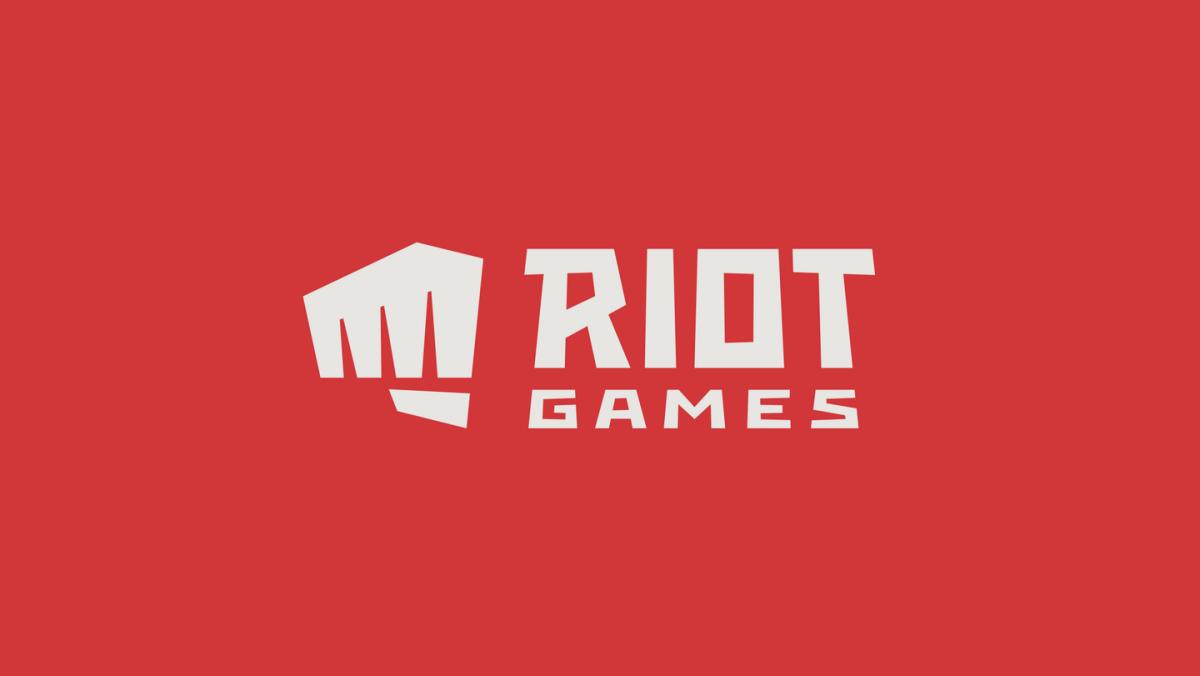Riot Games lays off around 530 people and ends Forge label

Riot Games, the developer behind League of Legends and Valorant, announced plans to cut around 530 jobs worldwide, reducing its global workforce by about 11%.
These terminations will be accompanied by the end of Riot Forge, the studio’s indie publishing label, and reductions of the investment into Legends of Runeterra, its collectible card game.
“We are refocusing on fewer, high-impact projects to move us toward a more sustainable future,” the statement posted by Riot explained the move.

It continued: “For most of our history, we’ve managed to avoid days like this, but this decision is critical for the future of Riot. This isn’t to appease shareholders or to hit a quarterly earnings number – it’s a necessity. Over the past few years, as Riot more than doubled in headcount, we spread our efforts across more and more projects without sharp enough razors to decide what players needed most. The adjustments we're making aim to focus us on the areas that have the greatest impact on your experience while reducing investment on things that don’t.”
Going forward, the company wants to focus on its core titles – League of Legends, Valorant, Teamfight Tactics, and Wild Rift – and a tighter integration of these games with entertainment and music projects such as Arcane, the successful anime show getting its second season on Netflix later this year. Riot’s own development projects seem to be fine as well with the fighting game Project L getting a special shoutout as “making great progress.”
Riot continued: “Plus, we have a number of projects cooking in various stages of R&D. Our volume of releases will never be massive. We want everything we deliver to be something that you can be proud of and excited to share with friends. That requires having financial flexibility to be able to take the time to make things that are truly great for players. We know we’ll still have occasional misses, but we want those misses to be for the right reasons, not because we prioritized the wrong things or had to rush projects out the door before they were ready.”
It looks like Legends of Runeterra, Riot Games’ attempt at copying Blizzard’s success with Hearthstone, has been a financial failure for a while now: “Despite critical achievements and the role it’s played in helping to build out the world of Runeterra, LoR has faced financial challenges since launch, costing significantly more to develop and support than it generates.”
Riot Forge seems to face the same problem with none of the titles realized through the program becoming big hits. “Across six titles spanning different game genres, regions, and characters, it’s been inspiring to see what these devs created in partnership with the Forge team. We’re proud of what we’ve done together to bring these stories to life, but it’s time to refocus our efforts on the ambitious projects underway internally at Riot,” the company summed things up.
All employees were informed about the changes via email (which Riot published afterwards, so you can find its contents via the link) shortly before the public statement went out. It detailed why the company’s leadership felt like it needed to make this decision and lined out the next steps for those affected by the layoffs. To the company’s credit, it looks like it prepared a pretty hefty package of severance benefits to assist those who’ve been laid off in the following months.
These cost cuts at Riot join a whole array of similar measures by other companies in the games industry like Embracer and Amazon.
